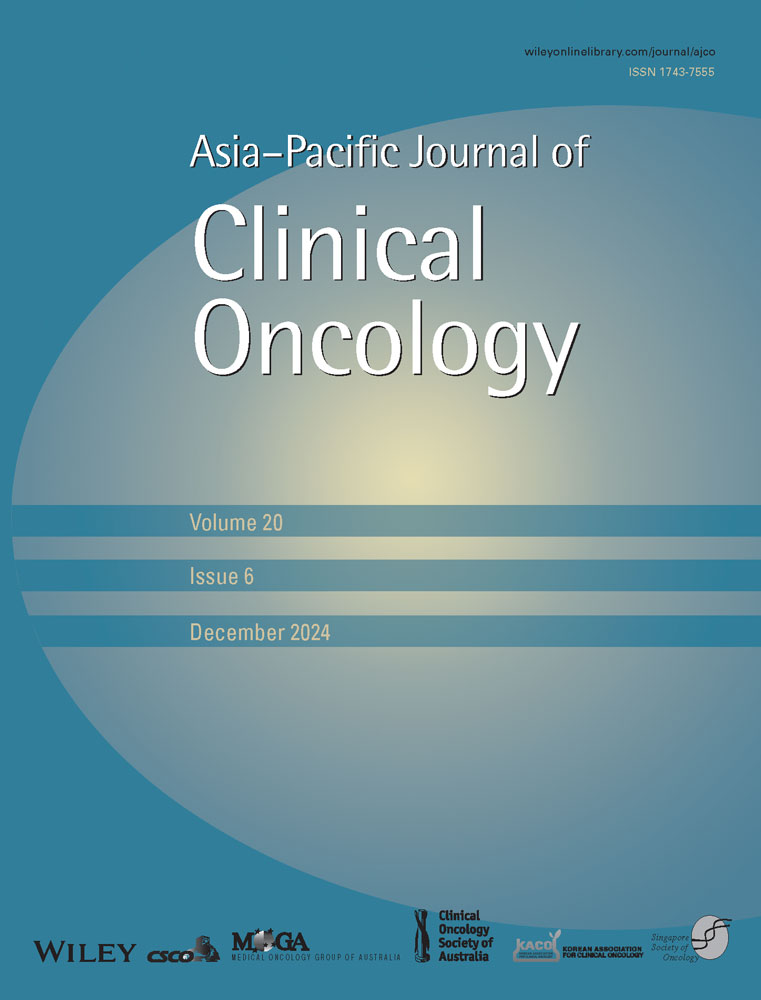Trends in phase 1 oncology clinical trials across Australia; Analysis of ClinicalTrials.gov 2012–2022
No research support was provided for this study.
Abstract
Background
Phase 1 oncology trials provide access to new therapies and may improve cancer outcomes. Phase 1 trials conducted in the Asian-Pacific region are increasing at a faster rate than the global trend. This study aimed to describe the changing landscape of phase 1 oncology trials in Australia in the last decade.
Methods
This cross-sectional study reviewed phase 1 oncology trials registered on ClinicalTrials.gov conducted in Australia. Phase 1 trials were included for analysis if they enrolled adults with solid organ malignancies, used at least one systemic agent, and were first registered between January 1, 2012, and December 31, 2022. The number of trials, site locations, sponsor type, and drug class were analyzed using descriptive statistics.
Results
Over the 10-year period, ClinicalTrials.gov included 493 phase 1 clinical trials across 71 Australian sites. Most sites were in metropolitan locations; in Melbourne, trials were concentrated within selected sites, while in Sydney, trials were spread across a larger number of sites. The number of phase 1 trials per annum increased from 18 in 2012 to 75 in 2022. Since 2020, emerging biopharmaceutical companies have become the predominant sponsor type, a trend that is also seen globally. While most trial sponsors were North American (42%), there was increasing representation from Asian sponsors over the 10-year period (6% in 2012 to 39% in 2022). Immunomodulatory (45%) and targeted approaches (44%) accounted for most drug classes used alone or in combination.
Conclusions
There are an increasing number of phase 1 trials conducted within Australia. Sponsors of phase 1 trials are increasingly from Asian countries and are more likely to be emerging biopharmaceutical companies.
CONFLICT OF INTEREST STATEMENT
The authors declare no conflict of interest.
Open Research
DATA AVAILABILITY STATEMENT
The data that support the findings of this study are openly available in ClinicalTrials.gov at http://www.clinicaltrials.gov/.




